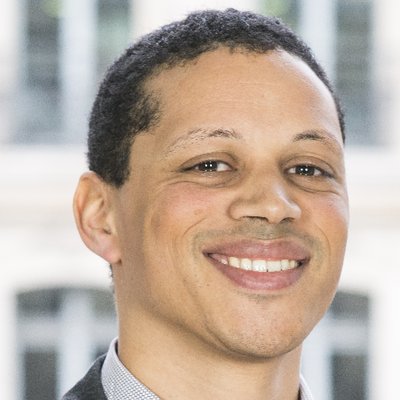
Discover how Ksapa strategically strengthened Schneider Electric’s risk mapping for their Duty of Care compliance
The Challenge
Ksapa and Schneider Electric worked together to strengthen the Group’s Human Rights due diligence as per its Duty of Vigilance. The goal was indeed to further assess key topics, thereby improving the relevance of its risk matrix.
Based on a risk matrix initially developed by Schneider Electric in 2019, Ksapa conducted an in-depth review. Our approach was structured around two guiding principles:
- Ksapa focused on refining the existing Schneider Electric Duty of Vigilance matrix. This involved finetuning the Group’s Human Rights due diligence as well as the definitions attached to them.
- We likewise strengthened the Group’s risk analysis with regard to its Duty of Vigilance. This covers local communities, Group sites and locations as well as wherever Schneider Electric solutions are implemented for customers.
Our Approach
Ksapa structured an extensive review of Schneider Electric’s Human Rights due diligence. This way, we streamlined internal understanding around the implications of the Duty of Vigilance. Here is how we ultimately secured their integration into the Group’s strategic and operational universe:
1. Ksapa’s In-House Human Rights Due Diligence Assessment Methodology
Ksapa mobilized an in-house methodology aligned with international standards and relevant regulations to assess risks tied to the Group’s Human Rights due diligence around environmental, digital, health and safety issues. This way, we outlined a set of concrete issues for Schneider Electric experts to position themselves as to the probability of each risk in their operational realities.
From there, they could assess the relevance of their risk mitigation tools (policies, operating procedures, internal expertise, governance).
2. A Diverse Set of Expertise
Ksapa delivered its contribution through a tightly-knit team based between Paris and San Francisco. Beyond our Human Rights due diligence expertise, we also shared our outlook on industrial approaches and challenges in environments similar to those of Schneider Electric, its subcontractors or customers.
To confirm our working hypotheses, we mobilized targeted Ksapa affiliated resources to reflect strategic geographies for Schneider Electric (India, China, Indonesia…).
3. Active Engagement for Internal Alignment
Ksapa conducted interviews with a variety of Human Rights due diligence experts and decision-makers across Europe, the United States and Asia. That is how we documented the operational realities of Schneider Electric teams. We indeed covered the way they work with customers, across the supply chain and in managing its sites and employees.
We also organized regular check-ins with the Group project team to refine our analyses and integrate further input. This process contributed to identifying key issues in the Group’s Human Rights due diligence, in relations notably to The French Duty of Vigilance law. We then translated them in the most concrete and relevant manner possible within the Schneider Electric universe. We eventually facilitated their appropriation and contributed to reinforcing internal alignment around Human Rights due diligence.
Results
Ksapa’s analysis allowed Schneider Electric not just to refine its risk typology under the Duty of Vigilance law. We also strengthened the granularity of its assessment (i.e. which risks could arise from its activities). It likewise addressed the probability of risk occurrence (i.e. risk gravity, targeted response, level of priority).
Through Ksapa’s contribution, the Group confirmed the validity of its initial assessment, improved the accuracy of its assessment of specific risks and corresponding Group responses. This will ultimately allow Schneider Electric to extend the risk analysis to new areas.
Next Steps
Schneider Electric’s approach of Human Rights due diligence follows a logic of a continuous improvement in line with its strategic ambition of sustainable development, the main goals of which are set out in the 2021-2025 Schneider Sustainability Impact.
The challenge for Schneider Electric is now to operationalize this risk mapping and to align the resulting risk matrix with company programs. This will strengthen its Human Rights due diligence and eventually reduce the level of risk throughout its ecosystem.
Willing to Strengthen your Duty of Care compliance?
Contact our experts for a customized risk assessment: contact@ksapa.org



